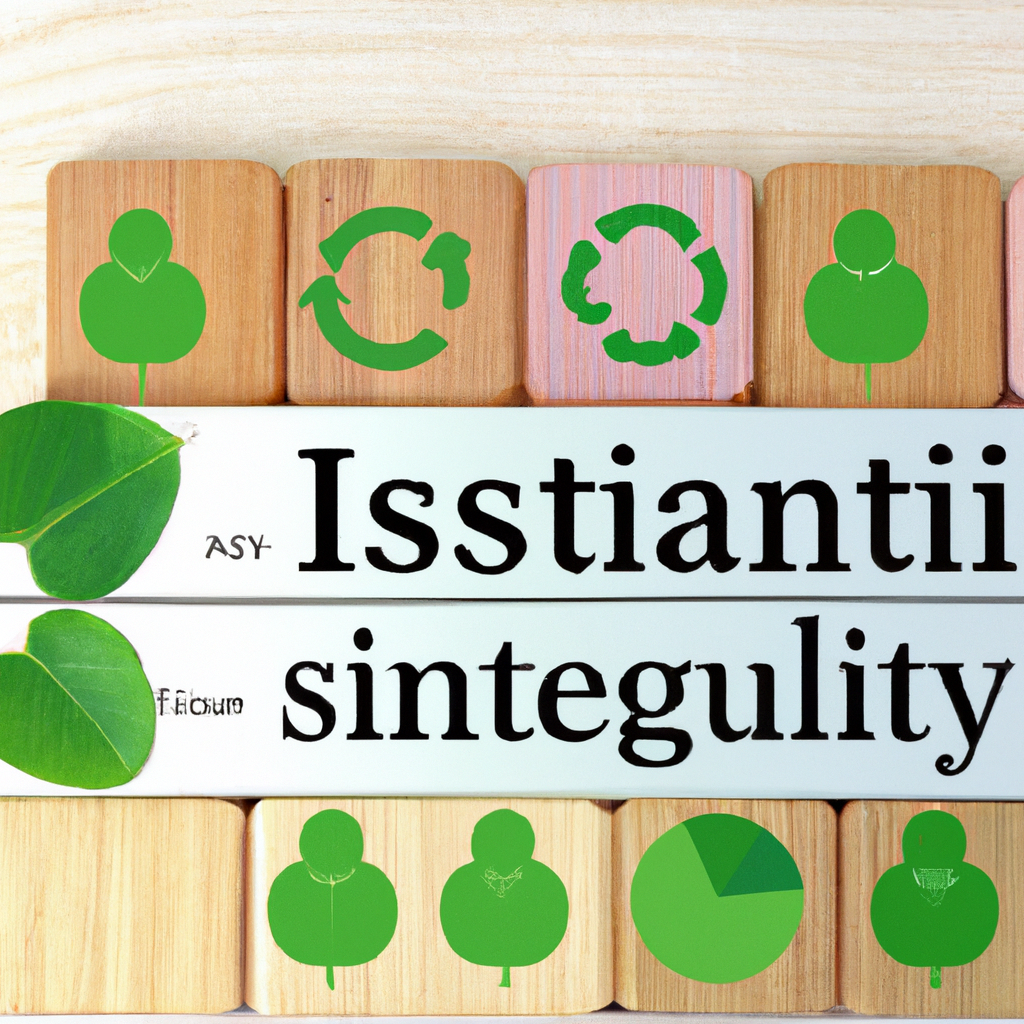
Exploring Sustainable Investing Strategies for Ethical and Financial Growth
Sustainable Investing Strategies
What is Sustainable Investing?
Sustainable investing, also known as socially responsible investing (SRI) or environmental, social, and governance (ESG) investing, is an investment approach that considers both financial return and positive impact on society and the environment. Investors who practice sustainable investing seek to support companies that are socially responsible, environmentally friendly, and ethically sound.
Benefits of Sustainable Investing
There are several benefits to incorporating sustainable investing strategies into your investment portfolio:
- Aligning your investments with your values
- Potential for long-term financial performance
- Supporting companies that are making a positive impact
- Reducing exposure to companies with poor environmental or social practices
How to Implement Sustainable Investing Strategies
1. Define Your Values and Goals
Before you start investing sustainably, it’s important to define your values and goals. What issues are most important to you? Do you want to focus on environmental sustainability, social justice, or corporate governance? Understanding your values will help guide your investment decisions.
2. Research Sustainable Investment Options
There are a variety of sustainable investment options available, including mutual funds, exchange-traded funds (ETFs), and impact investing opportunities. Research different funds and companies to find ones that align with your values and financial goals.
3. Consider ESG Factors
When evaluating potential investments, consider environmental, social, and governance (ESG) factors. Look for companies that have strong ESG practices and policies in place. This can help reduce risk and potentially lead to better long-term performance.
4. Diversify Your Portfolio
Just like with traditional investing, it’s important to diversify your sustainable investment portfolio. Spread your investments across different asset classes, sectors, and regions to reduce risk and maximize returns.
5. Monitor and Rebalance Your Portfolio
Regularly monitor your sustainable investment portfolio and make adjustments as needed. Keep track of how your investments are performing and whether they are still aligned with your values and goals. Rebalance your portfolio periodically to ensure it remains diversified and in line with your investment strategy.
Conclusion
Sustainable investing offers investors the opportunity to align their financial goals with their values and make a positive impact on society and the environment. By following these sustainable investing strategies, you can build a portfolio that not only generates returns but also supports companies that are making a difference in the world.